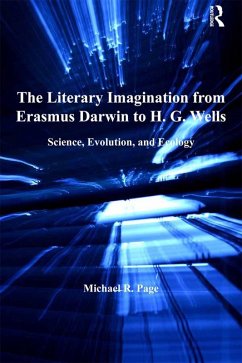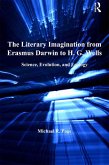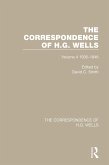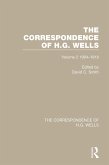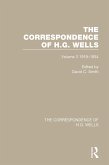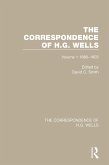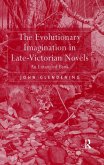At the close of the eighteenth century, Erasmus Darwin declared that he would 'enlist the imagination under the banner of science,' beginning, Michael Page argues, a literary narrative on questions of evolution, ecology, and technological progress that would extend from the Romantic through the Victorian periods. Examining the interchange between emerging scientific ideas-specifically evolution and ecology-new technologies, and literature in nineteenth-century Britain, Page shows how British writers from Darwin to H.G. Wells confronted the burgeoning expansion of scientific knowledge that was radically redefining human understanding and experience of the natural world, of human species, and of the self. The wide range of authors covered in Page's ambitious study permits him to explore an impressive array of topics that include the role of the Romantic era in the molding of scientific and cultural perspectives; the engagement of William Wordsworth and Percy Shelley with questions raised by contemporary science; Mary Shelley's conflicted views on the unfolding prospects of modernity; and how Victorian writers like Charles Kingsley, Samuel Butler, and W.H. Hudson responded to the implications of evolutionary theory. Page concludes with the scientific romances of H.G. Wells, to demonstrate how evolutionary fantasies reached the pinnacle of synthesis between evolutionary science and the imagination at the close of the century.
Dieser Download kann aus rechtlichen Gründen nur mit Rechnungsadresse in A, B, BG, CY, CZ, D, DK, EW, E, FIN, F, GR, HR, H, IRL, I, LT, L, LR, M, NL, PL, P, R, S, SLO, SK ausgeliefert werden.

